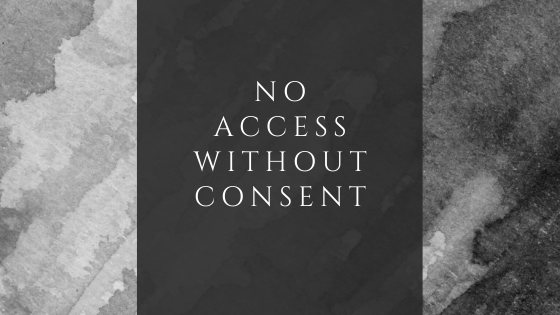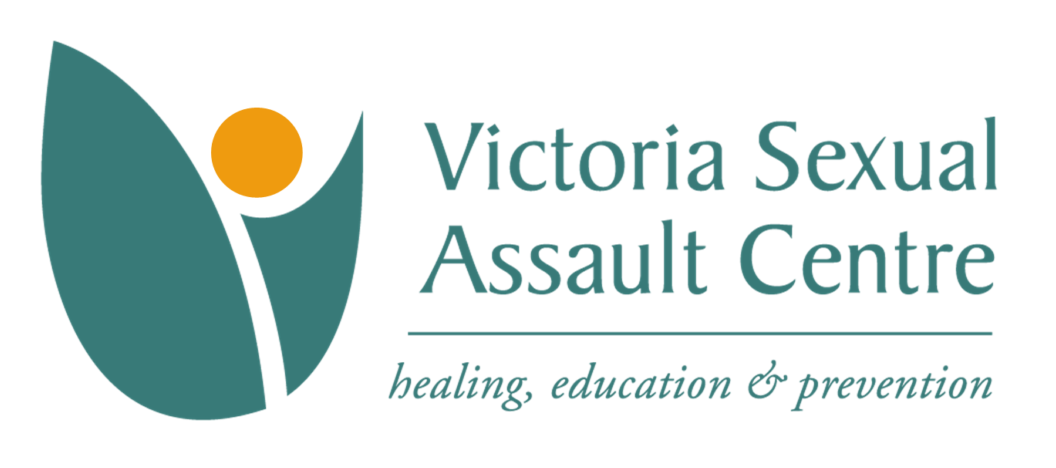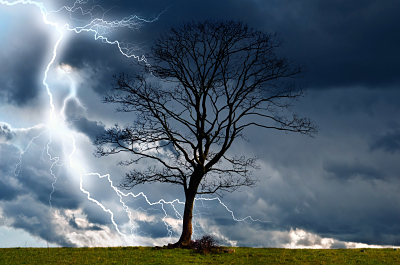Statement of Solidarity with Wet’suwet’en


The Victoria Sexual Assault Centre is deeply concerned about the actions of the governments of B.C. and Canada, the Royal Canadian Mounted Police, and Coastal GasLink Pipeline in the use of force in the Wet’suwet’en territories. We are appalled at the violent treatment and arrest of Indigenous matriarchs for defending their territory and protecting the land and water.
As a non-Indigenous organization, the Victoria Sexual Assault Centre recognizes its responsibility to work toward reconciliation by continuing to learn about and take leadership from Indigenous communities on whose lands we live and work, the unceded territories of the Lkwungen and W̱SÁNEĆ Peoples. As a community service provider committed to ending sexualized violence through healing, education, and prevention, we recognize colonialism as a root cause of sexualized violence and our responsibility to address the ways colonial violence shapes the experiences and impacts of sexualized violence for Indigenous peoples. We recognize Indigenous sovereignty and Indigenous peoples’ rights and title to their traditional homelands.
In the wake of the National Inquiry into Missing and Murdered Indigenous Women and Girls report, it is critical to understand how ongoing colonial actions to displace Indigenous people from their lands, such as those taken against the Wet’suwet’en, mirror the coercive, non-consensual power dynamics of sexualized violence. There are clear connections between violence against Indigenous women, girls and Two-Spirit people and the assault on the Wet’suwet’en. There is no consent.
Furthermore, there are unignorable links between resource extraction projects and violence against Indigenous women and girls which must be addressed. A final report released from the National Inquiry Committee stated that “work camps, or ‘man camps,’ associated with the resource extraction industry are implicated in higher rates of violence against Indigenous women at the camps and in the neighbouring communities.”
The federal and provincial governments have an obligation to uphold the sovereignty of the Wet’suwet’en people and we call on them to respect these commitments.
In November 2015, the Prime Minister acknowledged First Nations’ sovereignty, rights to their traditional territory, and an obligation to build “nation-to-nation” relationships with Indigenous Peoples. The Prime Minister’s mandate letters to every minister affirm this understanding and commitment:
“No relationship is more important to me and to Canada than the one with Indigenous Peoples. It is time for a renewed, nation-to-nation relationship with Indigenous Peoples, based on recognition of rights, respect, co-operation, and partnership.”
The Premier demonstrated a commitment to reconciliation when the B.C. government passed legislation to implement the UN Declaration on the Rights of Indigenous People in November 2019, which protects Indigenous rights to “free, prior, and informed consent” before any development can take place on their territory.
Indigenous hereditary title on unceded territories is an ancestral right protected by the Canadian Constitution and clarified by the Supreme Court of Canada in the Delgamuukw (1997) and Tsilhqot’in (2014) cases. The use of injunctions and lawsuits against Indigenous peoples is contrary to these rights, and contrary to the United Nations Declaration on the Rights of Indigenous Peoples.
We condemn the use of the RCMP and the violence they have perpetrated in Wet’suwet’en territories. The actions of the government, RCMP, and Coastal Gaslink do not respect Wet’suwet’en law and territory and they are antithetical to reconciliation. We call on the government to immediately withdraw RCMP from Wet’suwet’en lands, to engage in nation-to-nation talks with the hereditary chiefs, and uphold Indigenous hereditary rights and title.





